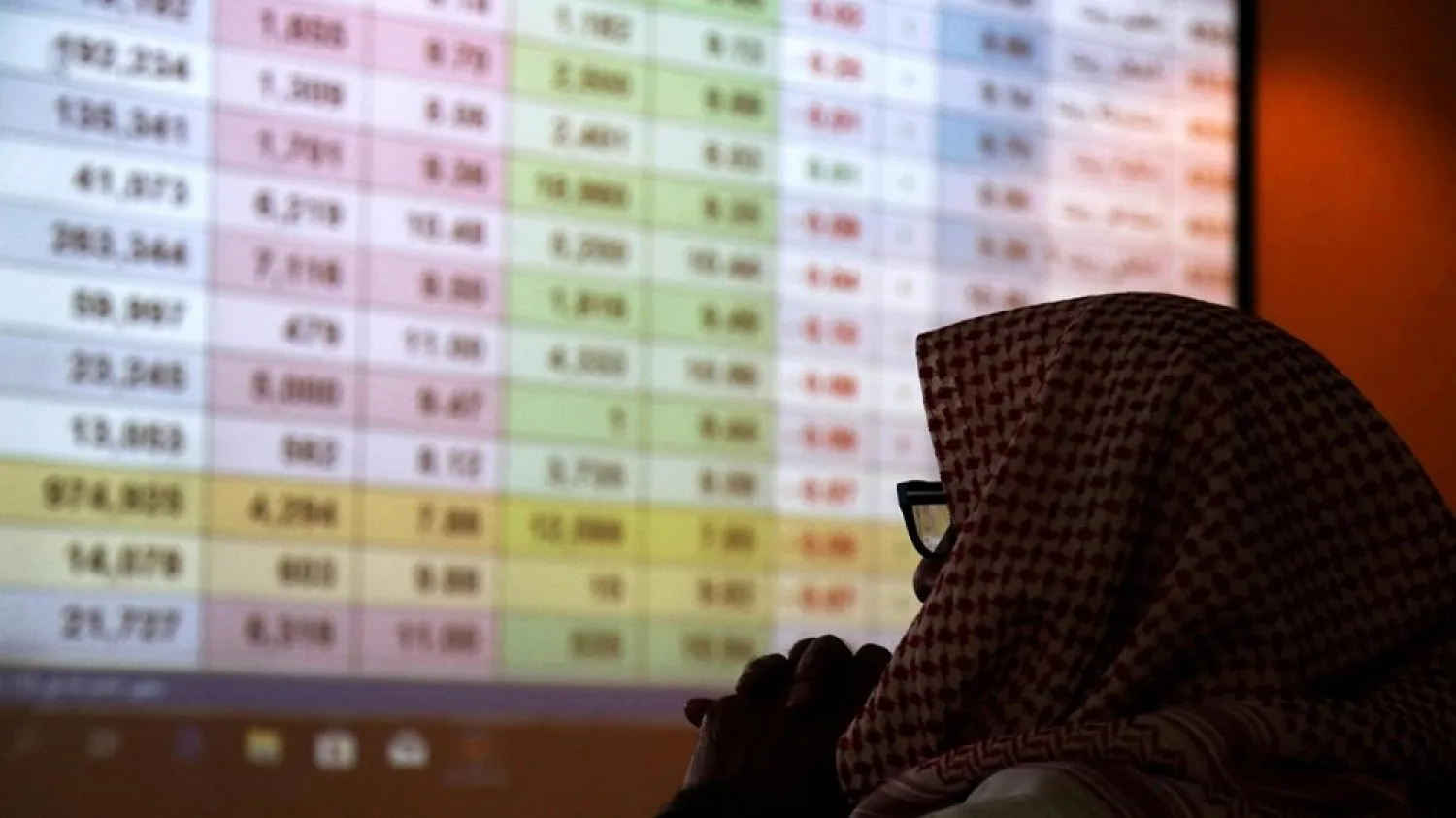A total of 538 family enterprises, about 63 percent of operating establishments in Saudi Arabia, contribute to $216 billion of the national growth development product (GDP), according to a study by the Business Sector Observatory (Marsad) of the Riyadh Chamber.
The study discussed Saudi family businesses and their impact on the national economy, future trends, challenges they face and their relationship to Vision 2030.
It revealed that 92 percent of the family businesses are located in major areas of the country with 45 percent in Riyadh, 28 percent in Makkah and 18 percent in the Eastern Province.
Family businesses represent between 70 to 90 percent of the total number of companies around the world, it added, revealing that Saudi family businesses represent all classifications of companies, including joint companies, simple partnerships, joint-ventures, joint-stock companies and limited liability companies.
However, the largest percentage of Saudi family companies fall under limited liability companies, as they are more legally in line with the reality and composition of Saudi families.
The study provided a detailed analysis of the stages of development of family businesses, their percentage, size, geographical distribution and challenges.
It also reviewed how they are affected by crises and the strategic choices that the company is expected to make during the next two decades.
In a survey by the Marsad, a number of family businesses in Riyadh viewed that the need for innovation, renovation and the high cost of work are their main challenges.
Furthermore, economic and security stability is the most important challenge facing their external expansion.
The development of the infrastructure related to transportation, logistics and communications are the most significant improvements the companies expect from state institutions.
The respondents said family disputes and generational succession are not a major challenge for them, despite their belief that preparing the successor to lead a company is important for its sustainability.
However, a number of family business owners believe foreign economic challenges affect the future of their companies, pointing out that the main weaknesses of their companies are the lack of separation of ownership from management, absence of a clear structure and disagreements on inheritance.
The study recommended adopting new guidelines to allow family members to learn about all the company’s business, strategies, governance and generation succession.
It also stressed the need to transform into joint-stock companies which will enable them to establish their objectives and benefit from the privileges offered by the state within the framework of governance and respond to the conditions of listing on the financial market.
The study recommended family companies seek the help of advisory bodies as well as academic and training entities.
It also called for the development of the national center for family enterprises with the arbitration, control and support mechanisms.
The most important recommendation noted that the new regulations and systems should take into account the characteristics of these companies, size and the nature of their activities.









